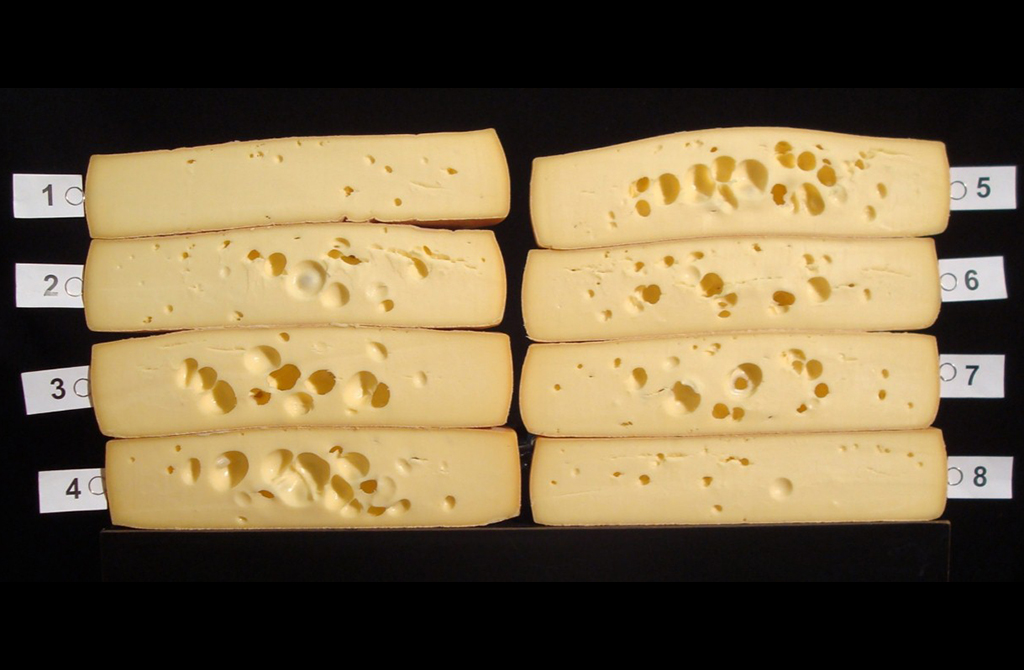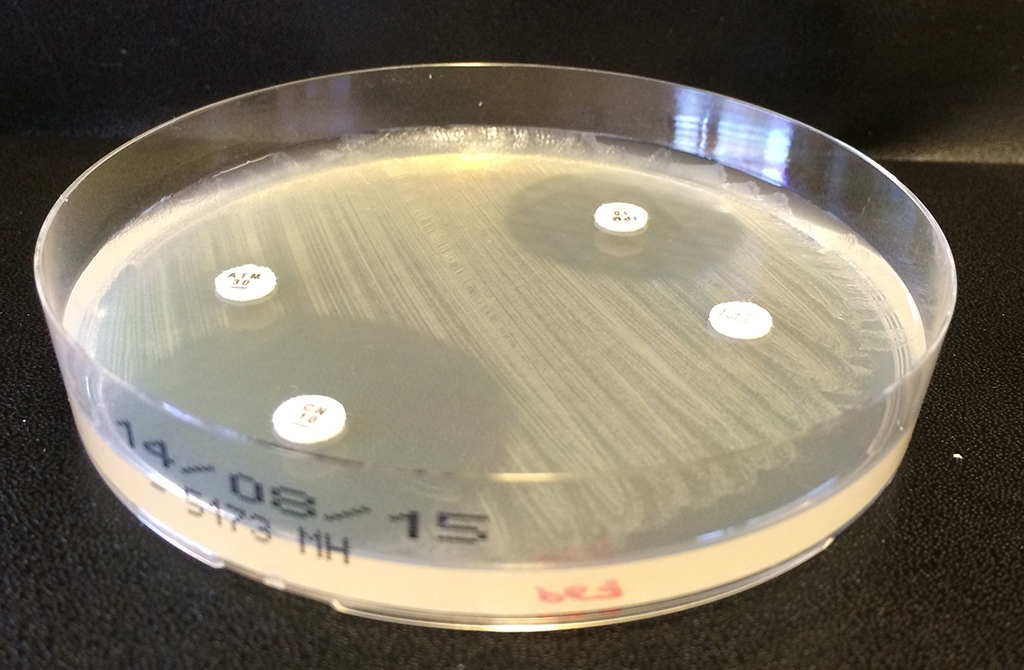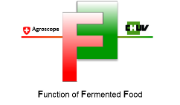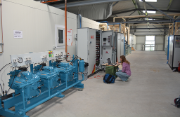Preventing Late-Blowing Defect in Cheese

Clostridium tyrobutyricum spores survive pasteurisation and are the cause of late-blowing defect (LBD) in hard and semi-hard cheeses. Agroscope experts sequenced the genome of two strains isolated from Swiss semi-hard cheese. The genome sequence forms the basis for understanding processes leading to undesirable butyric acid blowing in cheese. The aim is to prevent this undesirable fermentation.
Reducing Antibiotics in Milk Production

The use of antibiotics in milk production has only dropped slightly over the last ten to fifteen years. Surveys on the use of antibiotics in veterinary medicine and on the resistance to antibiotics of selected groups of bacteria are already underway, or are planned. In future, these surveys will furnish data of greater accuracy and reliability, allowing us to derive efficient and effective measures for reducing antibiotic use (e.g. admonitory or prescriptive advice).
How Yoghurt & Co. Affect Humans

The ‘Function of Fermented Food’ project (‘F3’ for short) is meant to highlight the effects of fermented dairy products on the human metabolism. For it, fourteen test persons consumed a test mealwith acidified milk and yoghurt for several weeks. Agroscope is currently testing the 600 or so blood and urine samples for several thousand genetic, metabolic and microbiological parameters. The initial results at the end of the year are expected to make for interesting
Energy Consumption in Fruit Storage

As part of the Interreg-IV ‘Energy Savings in Fruit Storage’ Project, Agroscope carried out practical energy measurements in cooperation with the Zurich University of Applied Sciences (ZHAW). The aim: To determine the energy consumption of compressors, fans and other equipment during the cooling of fruit in an industrial storage plant – which in turn helps with the identification of savings opportunities





